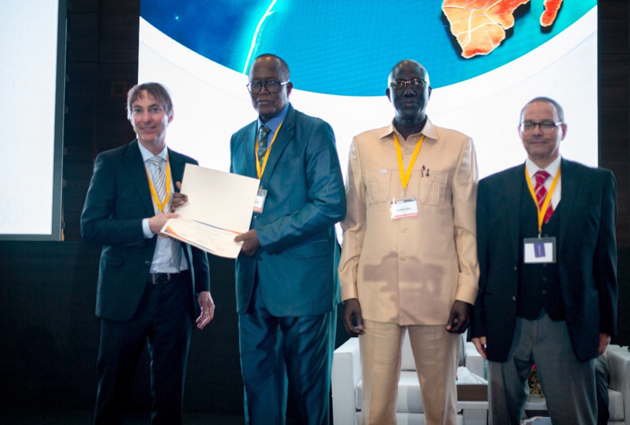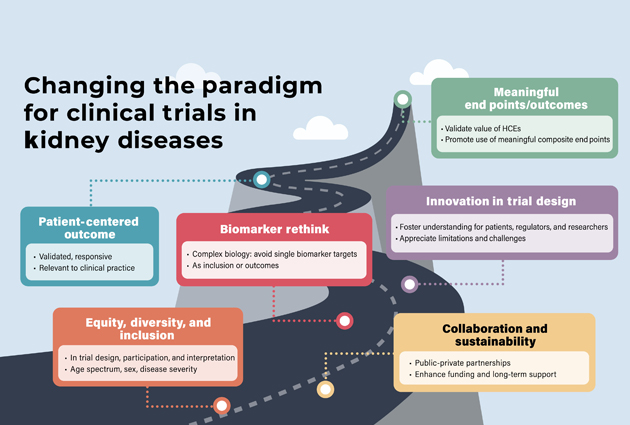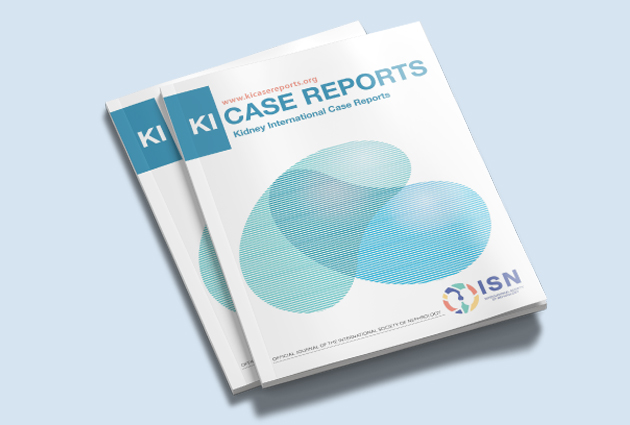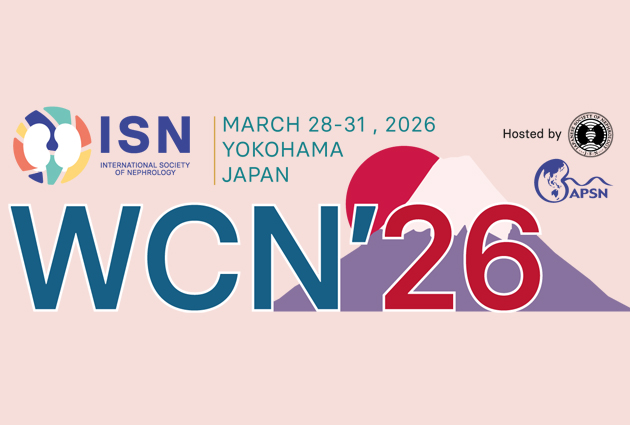Obituary: Professor Kirpal Singh Chugh
Professor Kirpal Singh Chugh, fondly called the Father of Nephrology in India and a prominent ISN leader, passed away in Chandigarh, India on September 17, 2017. He was 85.
After completing his medical training, Dr Chugh wanted to specialise in renal medicine, which was not recognized as a specialty in India at that time. After several representations, he was able to receive his postgraduate degree in medicine with with ‘genitourinary medicine’ as a special subject from Panjab University. In 1965, he set up a nephrology department at the newly established Postgraduate Institute of Medical Education and Research (PGIMER), Chandigarh. He had several firsts to his credit, including doing the first percutaneous kidney biopsy, first peritoneal dialysis and setting up the first nephrology training program in South Asia. He was key in setting up the Indian Society of Nephrology in 1970, and was instrumental in starting the Indian Journal of Nephrology.
His contributions to renal research in India are substantial. He did pioneering work in describing the epidemiology of various kidney diseases in India. His interests spanned the entire spectrum of nephrology and transplantation, evident from the large number of influential publications. He was particularly interested in the renal problem of the tropics. He set up a research laboratory at PGIMER where he worked on snake bite induced kidney injury.
He was highly active in the international nephrology community, helped set up nephrology societies in almost all South Asian countries, and was one of the founder-members of the Asian Pacific Society of Nephrology. An early leader in the International Society of Nephrology, he was the first Indian to be elected to the ISN Council, served on several Committees and was the first Chair of the South Asian Committee of the ISN COMGAN Program, a forerunner of the current Regional Boards. Easily recognisable due to his distinctive turban, he was a constant presence in global nephrology conferences and was key to bringing Indian nephrology community to International scene.
He received numerous awards and accolades, including Padmashree, the fourth highest civilian award in India, the Bywaters Award of the International Society of Nephrology, the Oshima Award of the Asian Pacific Society of Nephrology, and the Distinguished Medal of the National Kidney Foundation of USA.
His most prominent legacy is the postgraduate training program leading to the award of DM degree in nephrology started by him in at PGIMER in1969. This was one of first nephrology training programs in the world, and has produced a stream of outstanding nephrologists who went on to become leaders in all corners of India and around the World.
His students and colleagues recalled his many qualities, including his exactitude at work as well as social grace out of it. According to Prof MS Amaresan, the first nephrologist to graduate from this training program who went on to establish the Department of Nephrology at Madras Medical College, Chennai “During the duty hours he was a terror. He was disciplined, punctual, industrious and instilled the same in those whom came under his fold. As a person, however, he was very affectionate, hospitable, simple and humble. ”
“I can say confidently that there was no nephrology in India prior to Dr Chugh. I was lured to PGI in February 1965 because he started dialysis”, said Professor VK Bansal, an early colleague at PGIMER and currently Professor of Nephrology and Hypertension at Loyola University Chicago.
His contribution to nephrology in South Asia was recalled by many who admired and were influenced by him. Dr Vijay Kher, President of the Indian Society of Nephrology recalled his pivotal role in the growth of the Society. He said: ‘Indian Society stands tall today largely because of the rigour, discipline, dedication and scientific fervour brought about by him. We will remember him as the Teacher par Excellence, with a fierce commitment to profession and humanity. The Society will miss his visage, sitting in the front rows of Society meetings, actively participating in the scientific deliberations, guiding and leading by example.’
Prof S Adibul Hasan Rizvi, Director of the Sind Institute of Urology and Nephrology, Karachi, Pakistan and an ISN Pioneer Awardee recalls “I followed his philosophy of promoting indigenous talents to bring them at par with the rest of the world. He was the first nephrologist from the The Indo-Pakistan subcontinent who trained indigenously and became a towering personality in the world of nephrology. He was honest, ethical and generous throughout his life. He gave us a sense of pride and confidence that we can stand on our own two feet and develop the science of nephrology.“
“He was instrumental in establishing Nepal Society of Nephrology”, said Dr Rishi Kafle, President of the Nepalese Society of Nephrology. “He was a father figure for Bangladesh nephrology community” said Prof Harun Rashid, former President of Bangladesh Renal Association and another ISN Pioneer Awardee.
His support and encouragement was recalled affectionately by many who did not train directly under him. Prof Rubina Naqvi, Professor at the SIUT, Karachi recalls “He was my mentor, my first guiding teacher. For my post graduation thesis on AKI, he brought handouts of all his publications on subject when came to know that I am working on this topic and provided me the tips to proceed with it.”. “I still remember his advice (and happiness) soon after I went into nephrology. His impact was truly enormous.” recalled Prof Prabir Roy-Chaudhuri, Professor of Medicine and director of the Division of Nephrology at the University of Arizona Health Sciences.
“Young nephrologists of today will hardly know the travails of the handful of nephrologists who established nephrology as a scientific discipline in this country, of whom Dr. Chugh was one of the first and certainly the most prominent. He will always have a special place in Indian nephrology, and in the great institution he founded.” said Dr MK Mani, Chief nephrologist at Apollo Hospital, Chennai and Prof Chugh’s peer.
Prof Chugh is survived by his wife, and two sons and numerous students and admirers.
A transcript of his interview under the ISN Legacy project can be found here.













